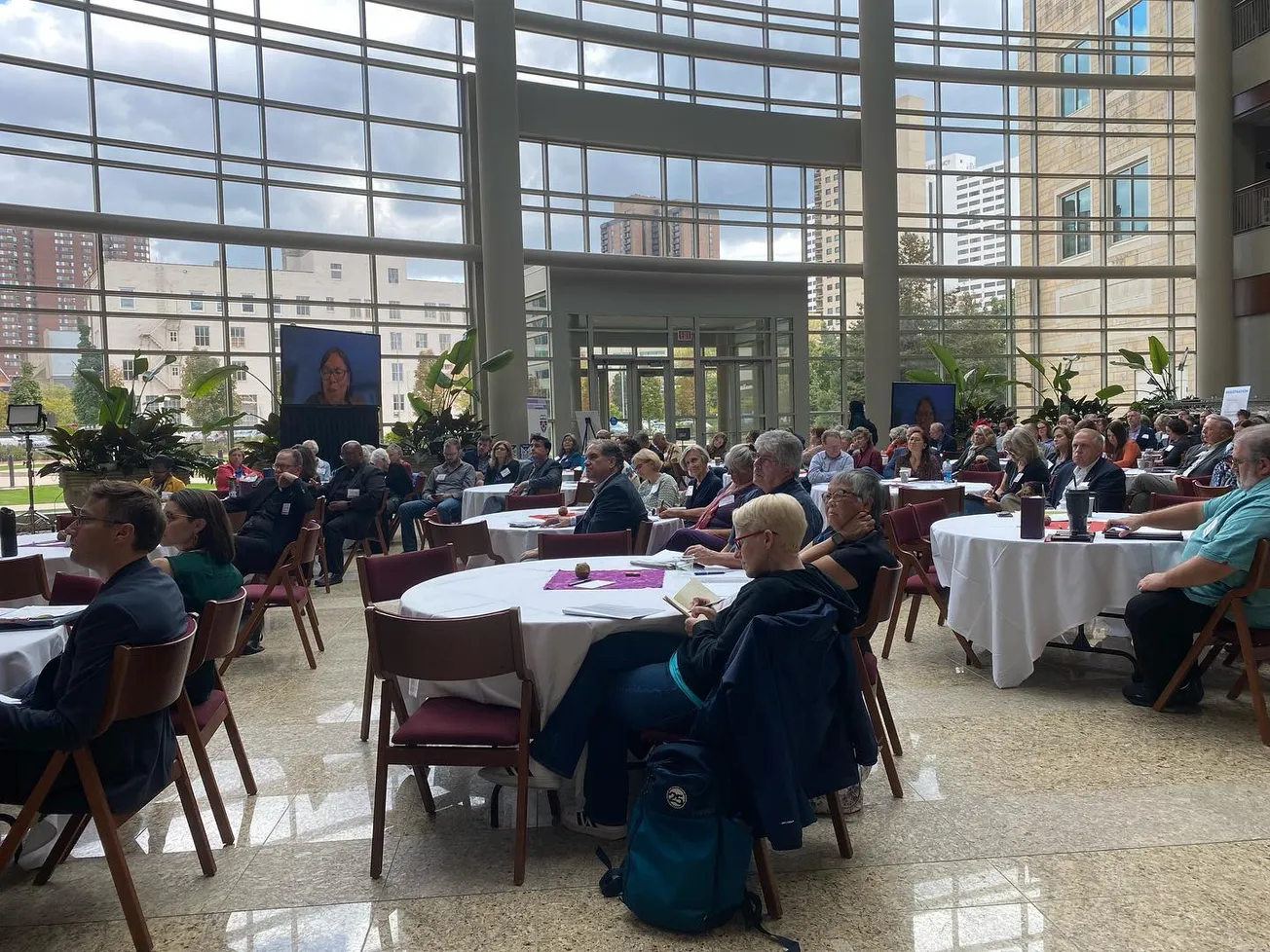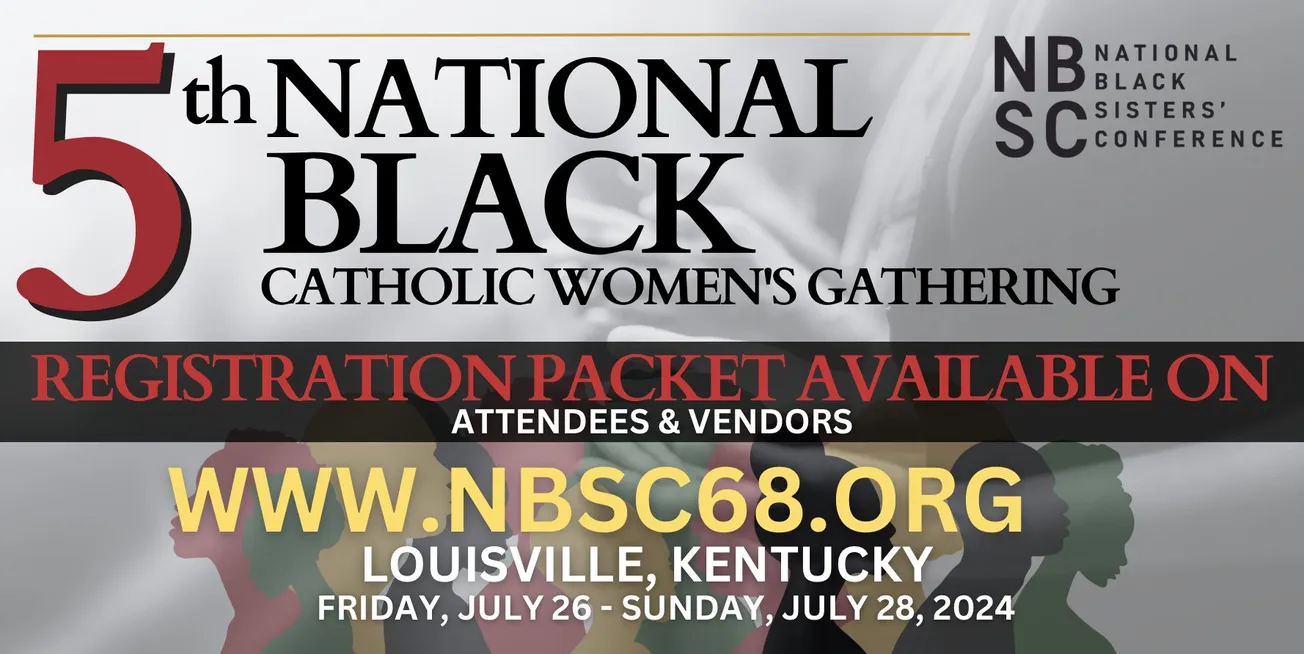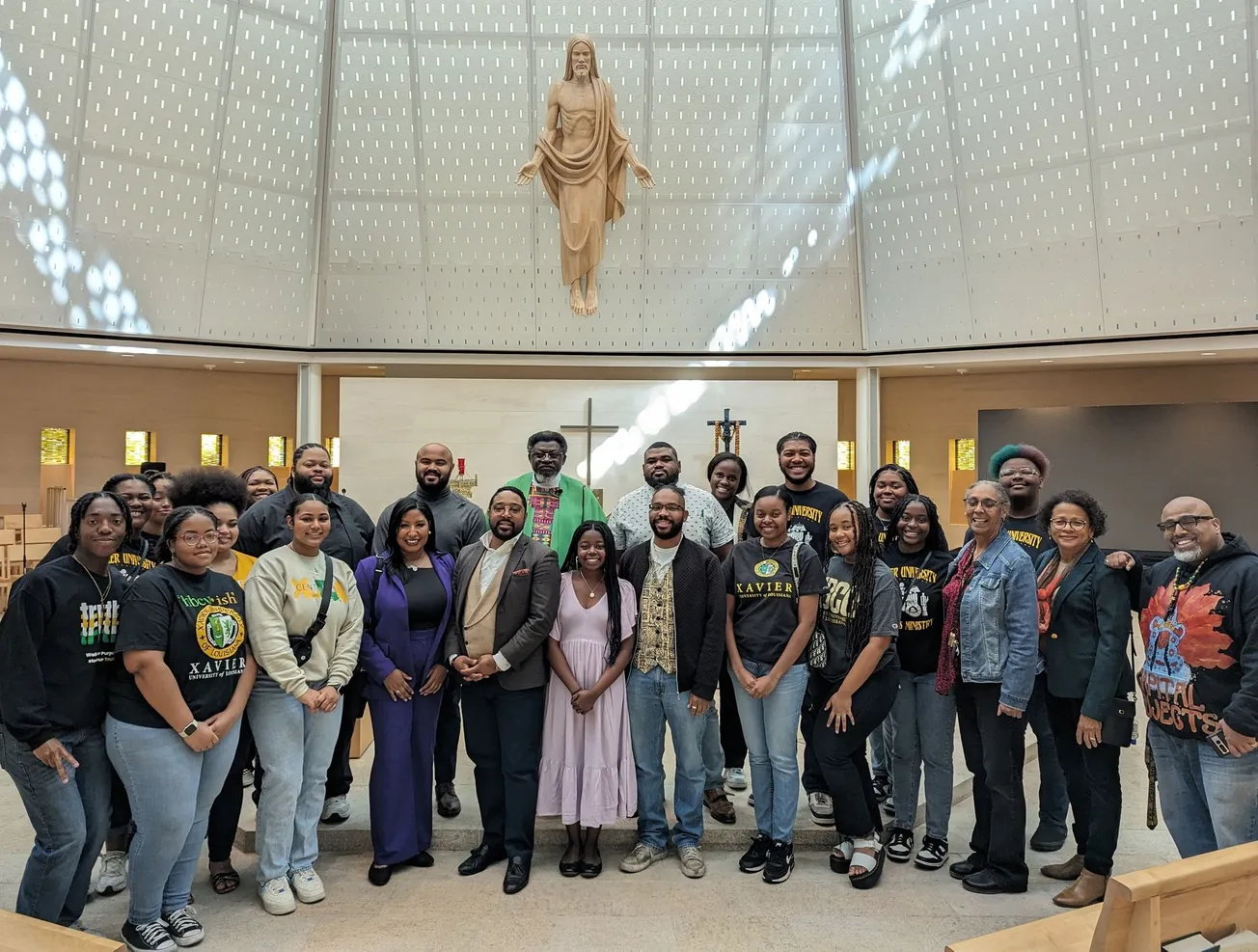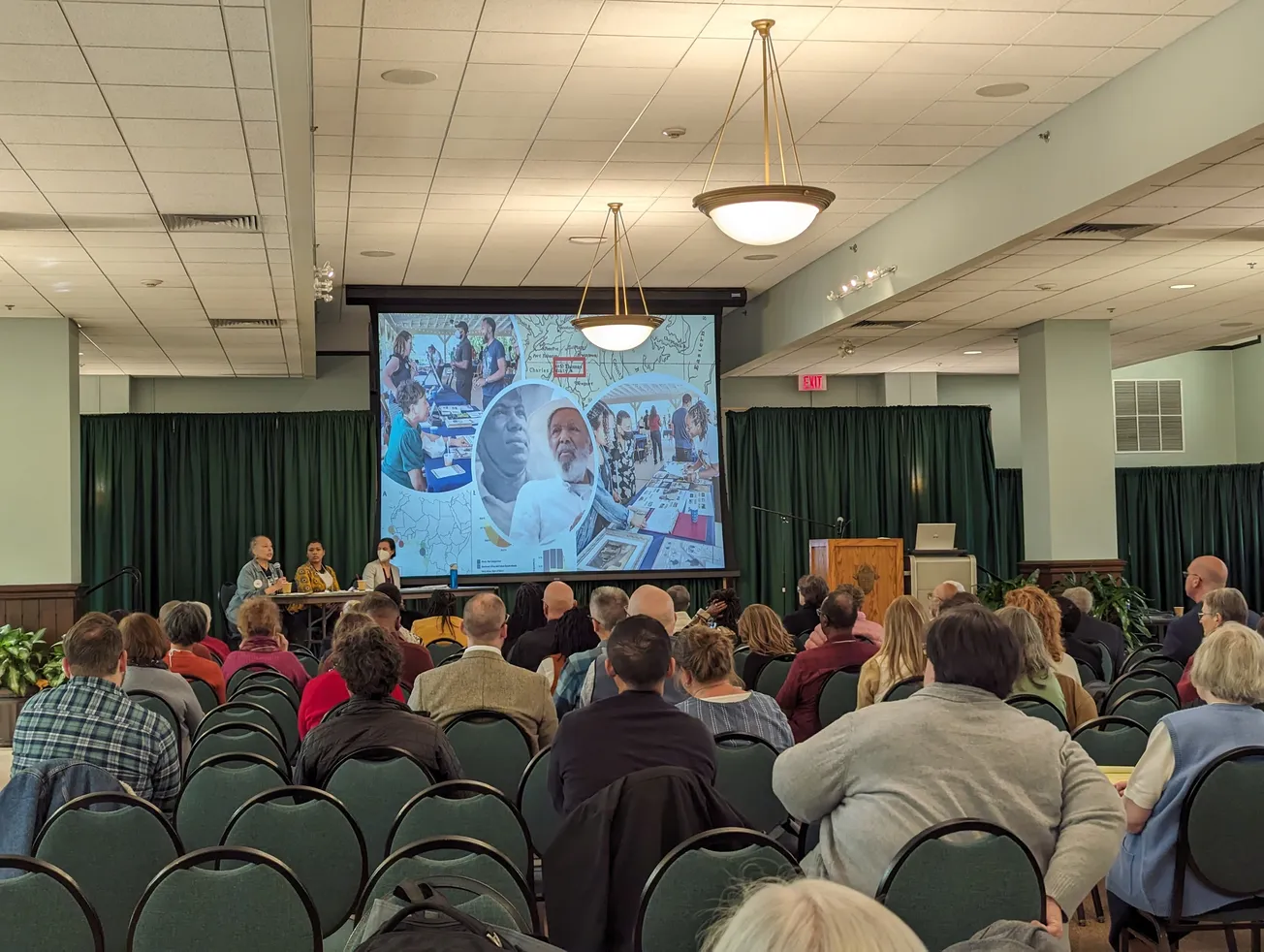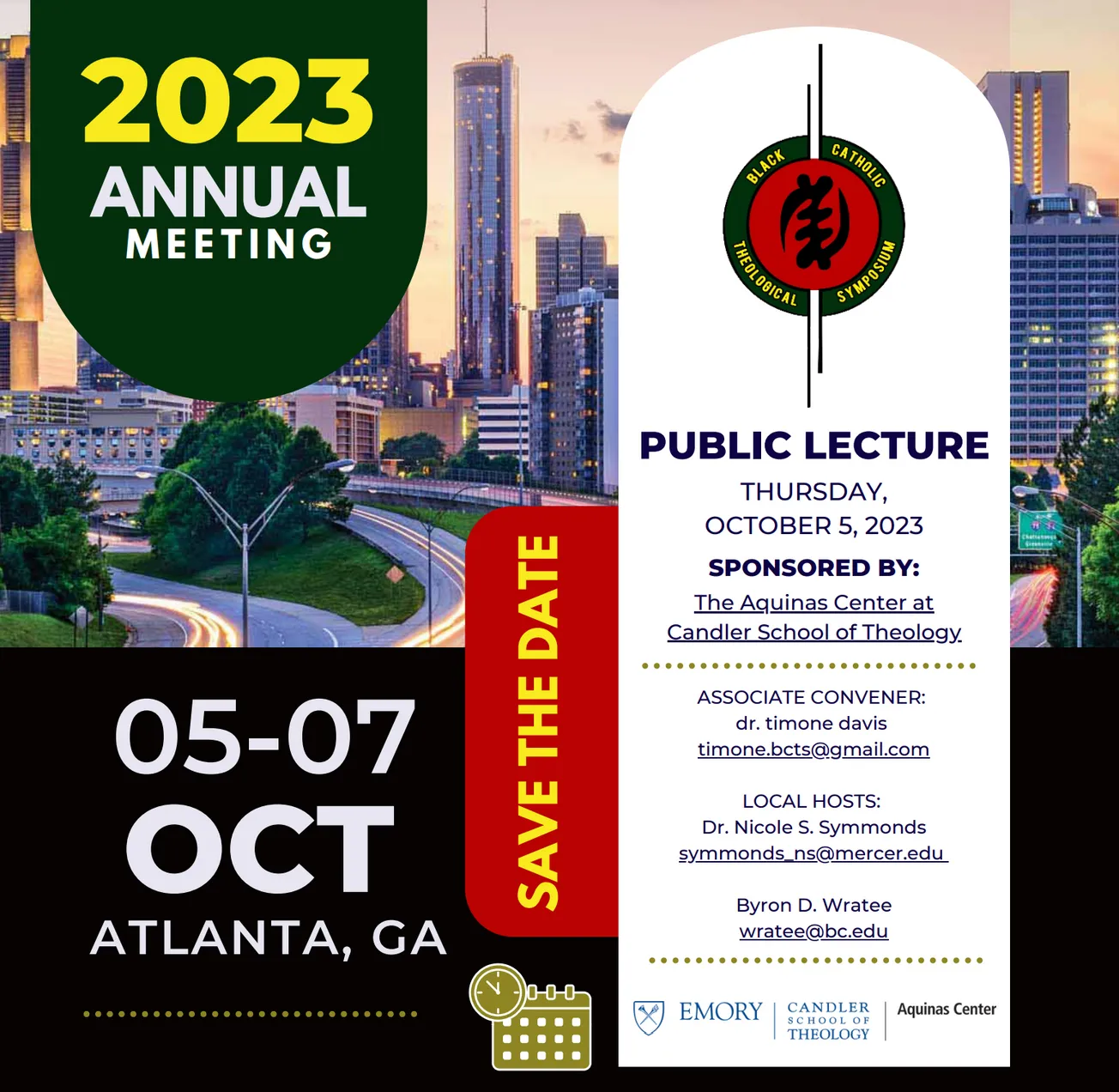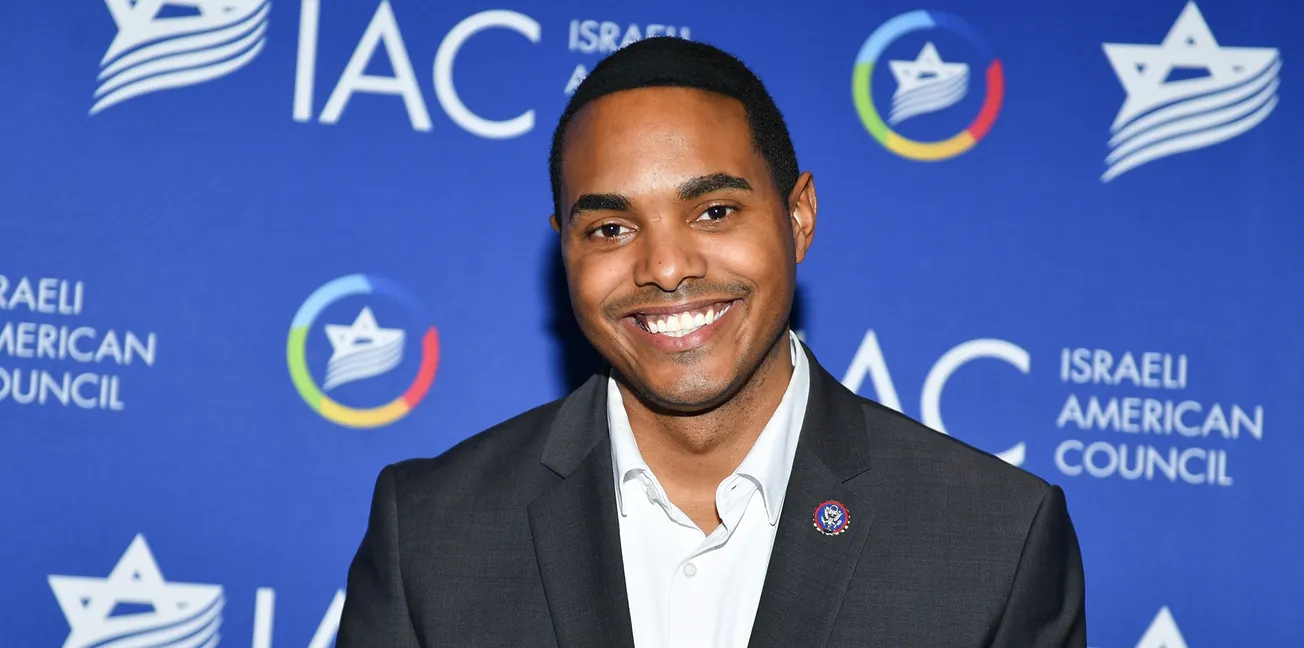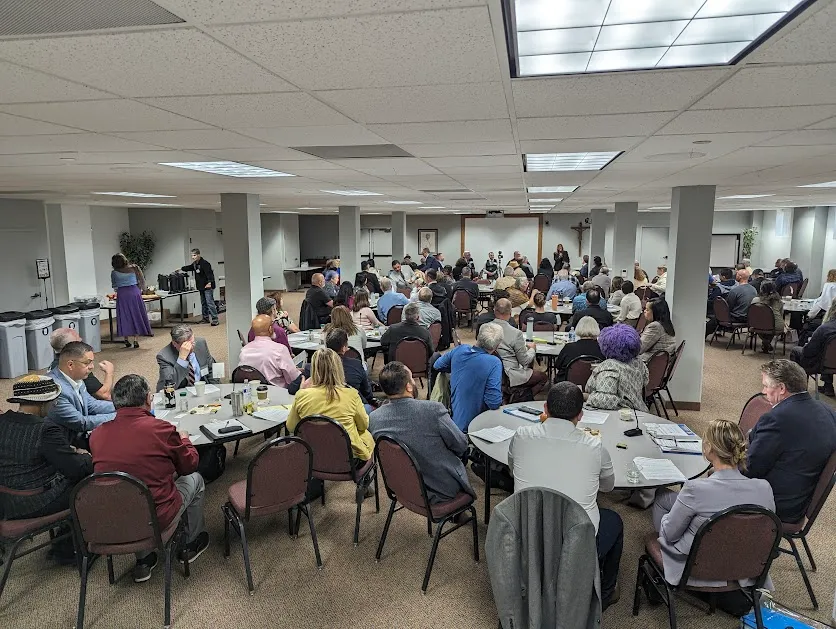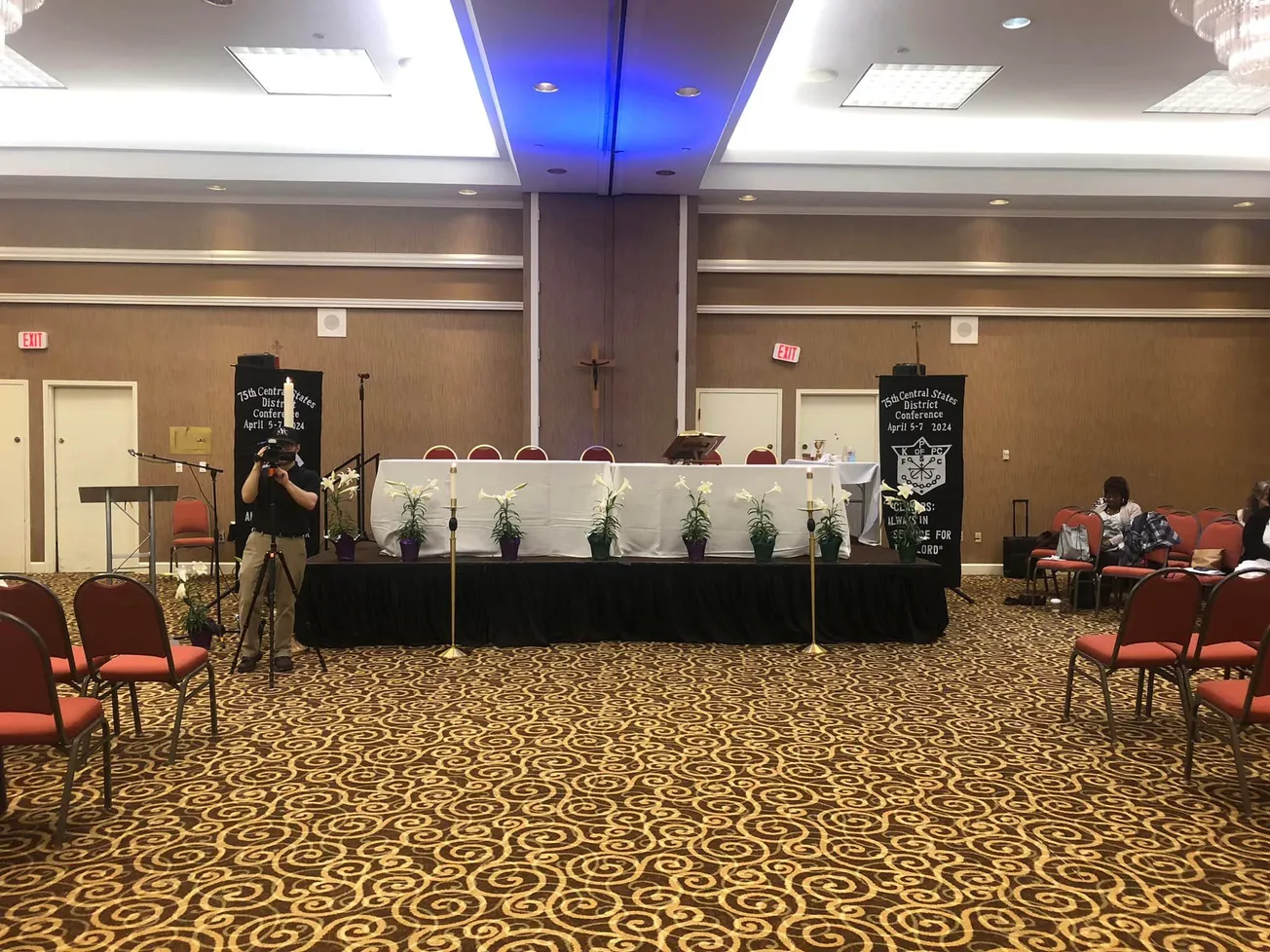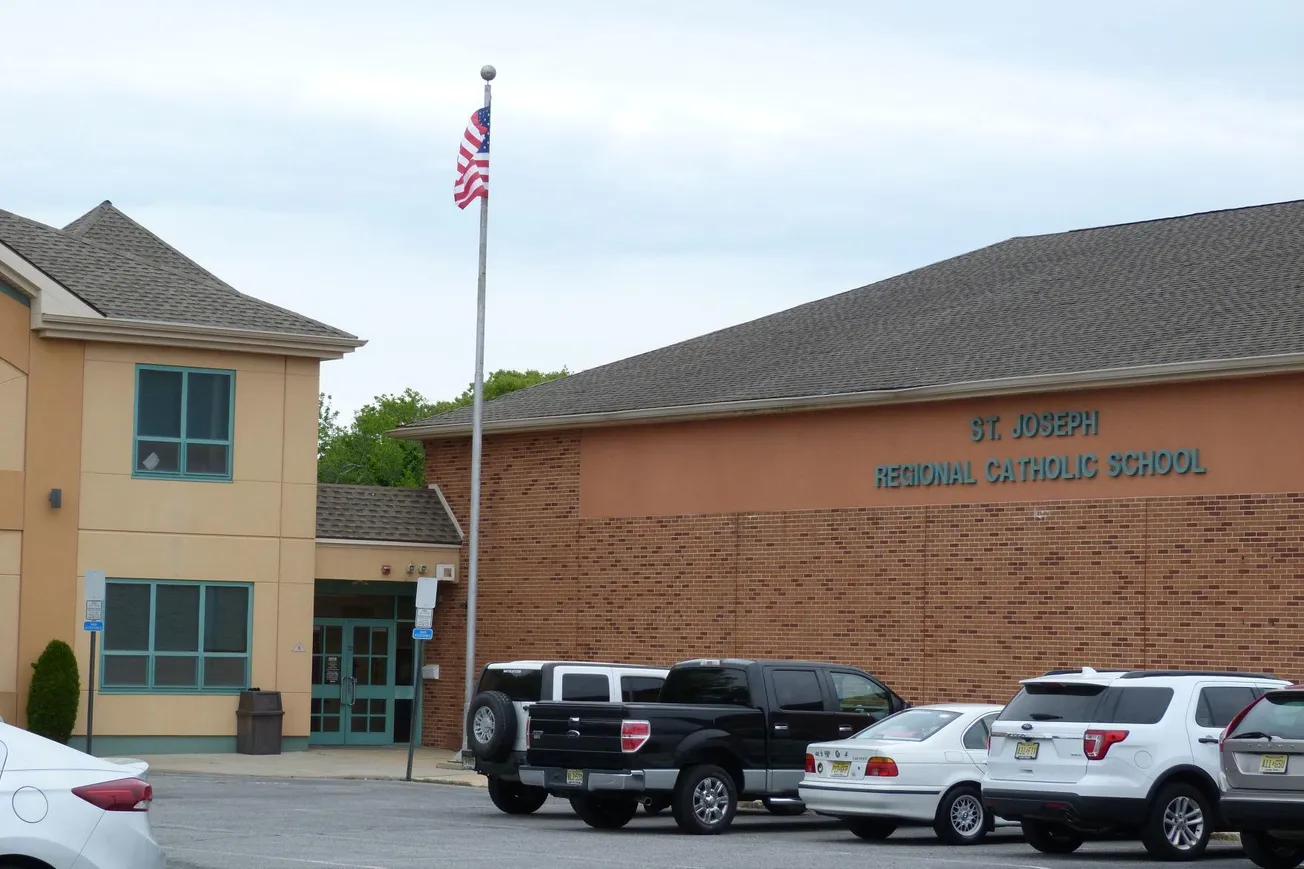MINNEAPOLIS — Healing was on the docket at the University of St. Thomas School of Law this weekend, with the National Catholic Conference on Restorative Justice taking place from October 5-7 on campus, an in-person event for the first time in its history.
Practitioners, supporters, and seekers from around the country were present for the landmark event, organized by the Catholic Mobilizing Network (CMN), known for its advocacy against the death penalty, and UST’s own Initiative on Restorative Justice and Healing.
The event had some three hundred participants on hand in Minnesota, with more tuning in online for keynotes, breakout sessions, and the healing circles so integral to the restorative justice framework—and which permeated the conference’s ethos.
“It's fitting that our conference coincides with the synodal convening [in Rome], because restorative justice is a tangible expression of synodality, with principles and practices that create space for the Holy Spirit to do its transformative work,” said Krisanne Vaillancourt Murphy, the executive director of CMN, during an opening address.
“It encourages us to bind up unhealed wounds—the very essence of a synodal Church.”
True to form, the ecumenical gathering centered around panel-based main sessions in lieu of traditional keynote presentations, and participants sat circled in tables throughout the law school atrium, flooded with light over the Minneapolis skyline, much like the divine luminescence that energized the event.
It seemed a Catholic conference like few others, with speakers from across the diverse spectrum of identities—Catholic, Protestant, survivor, perpetrator, laywoman, archbishop—not to mention the ethnic communities represented to explain their community’s experience with harm and the path to healing.
Indeed, the very meaning of “survivor” was expanded from the common understanding to include not just victims of abuse or physical violence, but of systemic racism, ancestral slavery, cultural erasure, and the ravages of the criminal justice system on family members of the incarcerated and executed. At the conference, their voices were heard.
Though most of the conference’s in-person attendees were White, the typical American conservative Catholic urge was nowhere to be found. The speakers, too, were fierce in their advocacy against the status quo.
"Americans want a story with a happy ending,” said Dr. Yohuru Williams during a plenary panel on Friday, speaking on racial justice alongside Archbishop Shelton Fabre of Louisville, Monique Maddox of the Descendants Truth & Reconciliation Foundation, Dr. Samuel B. Torres of the National Native American Boarding School Healing Coalition.
“We have a sitcom understanding of history," Williams added.
"Americans want a story with a happy ending... We have a sitcom understanding of history."
— Nate Tinner-Williams (@natemup) October 6, 2023
Dr. Yohuru Williams of the Racial Justice Initiative here at the University of St. Thomas in Minneapolis. #RJCathConf2023 pic.twitter.com/xYRbMJ6MK3
From slavery to Reconstruction to land-back to abolitionism to pacifism, the conference waded into territory familiar to social justice advocates but often foreign to the halls of power in the Church. Of course, Catholic teaching says to love our neighbor, do justice, and make “reparations,” but this often does not filter down into the pews as a radical call for solidarity with the goals of the oppressed.
At UST, however, conference participants were encouraged to depart from a laser focus on abortion and sexuality to embrace a more holistic view of Catholic social teaching, reflected in the restorative message of Jesus.
“215 times in the Scriptures we see references to restoring or restoration,” said Fr Daniel Griffith during the closing Mass for the conference.
“We are then called to be close… to name prophetically and upend those idols in our American society that inhibit the spread of the Gospel.”
To hear positive talk of synodality was also a breath of fresh air, with many in the U.S. Church, even clerics, avoiding the topic even as hundreds are huddled at the Vatican to model restorative listening for the watching world.
Among the synod delegates is Dr. Cynthia Bailey Manns—one of only two African-American Catholics at the gathering—herself hails from Minneapolis, making the listening ethos in the UST law atrium all the more poignant. Listening to one another, and also to the clarion call of the culture for renewed vigilance.
"We need to be aware of the times that we're in,” said Sheryl R. Wilson of the Kansas Institute for Peace and Conflict Resolution, during a keynote panel.
“Know what's going on. Know what laws are being passed, because it's becoming legal to whitewash our history now. It’s becoming legal to not embrace anti-racism."
Ironically enough, though, during the conference’s plenaries, sharing sessions, and breakouts, I couldn’t shake the feeling that the nature of the conference itself showed how there is much work left to do within the restorative justice space, before it can go out to meet the challenges of the day.
It was, after all, a restorative justice event with many marginalized groups on stage, but so few in the deliberative circles to reflect on the changes needed in the world. It was hosted and co-sponsored by the UST School of Law, where a restorative justice institute is apparently going strong under nearly all-White leadership, while a Black-led Center on Race, Leadership and Social Justice was closed unceremoniously just this year.
It would seem the restorative justice movement, whose leadership has largely been incubated in White spaces and contexts, must reckon with its own orientation, orthopraxy, and optics. Otherwise, the house of justice, with its many rooms, may become divided against itself and soon falter. Moreover, the barriers to a holistic view of justice are deep and tall and wide, and it surely is the role of the Catholic Church to participate in breaking them down piece by piece, even within our own houses of learning and worship.
“Cultural shift does not come easily,” said CMN’s restorative justice director Caitlin Morneau during an address near the end of this week’s event in Minnesota.
It rings so true. But, as the conference itself displayed in more ways than one, you have to start somewhere.
Nate Tinner-Williams is co-founder and editor of Black Catholic Messenger.



